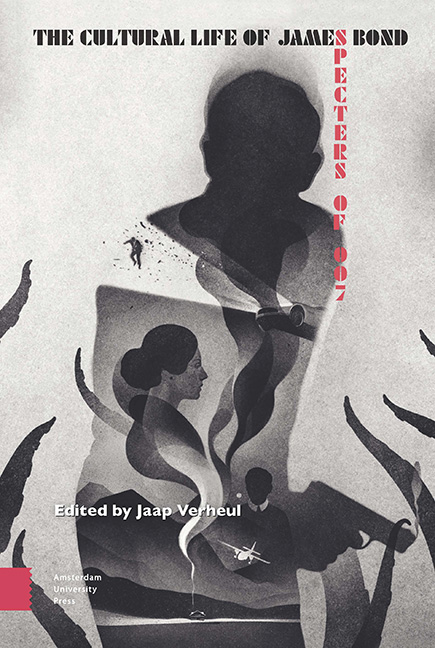Book contents
13 - “Unlike Men, The Diamonds Linger:” Bassey and Bond Beyond the Theme Song
Published online by Cambridge University Press: 20 November 2020
Summary
Abstract
This chapter directs attention to Shirley Bassey's voice as both constituting and contesting the white male gaze of the James Bond franchise. I consider Bassey in relation to the politics of race and gender as she sonically invokes a long tradition of racial mimicry by both black and white women singers. Bassey furthers this tradition in that her influence can be traced beyond her various theme songs for the Bond films in the more recent performances by white artists. As Bassey's Welsh and mixed-race identity gives a different contour to our understanding of what and who constitutes “Britishness,” her synecdochal relationship to the James Bond film series also allows us to reconsider the possibilities for black women's voices in cinema.
Keywords: theme song; Shirley Bassey; voice; race; gender; Black Atlantic
In commemorating fifty years of James Bond, the 2013 Academy Awards focused on the music of the series. The celebratory montage was later complemented by Adele's performance of “Skyfall,” which was given an Oscar by the end of the broadcast. While the tribute was introduced by Halle Berry (Jinx, Die Another Day [UK/USA: Lee Tamahori, 2002]) and featured sequences from the many Bond films, Dame Shirley Bassey's performance of “Goldfinger” (1964) stood in for the iconic James Bond of the past fifty years. In her first-ever performance at the Academy Awards, Bassey commandingly belts out the theme song. Though her voice has more of a baritone thickness to it now than it did in 1964, she sings the tune with force. Her breathing is so well hidden that the last note, which she holds for 6 seconds, surreally emanates from her. In her almost sixty-year musical career, she is the only artist to have performed three theme songs for the Bond franchise, with “Goldfinger,” “Diamonds Are Forever” (1971) and “Moonraker” (1979). Her synecdochal relationship to the Bond film series allows us to consider the possibilities for resistance and incorporation found in black women's voices in cinema.
In this chapter, I first situate Bassey's performance in the cultural circulation of the Black Atlantic. Secondly, I consider Bassey's voice within the discourses of authorship and gender that circulate around the Bond films. Finally, while Bassey certainly has iconic status, I show how the power of her voice does not necessarily amount to an enunciation of resistance to the politics exhibited in the Bond film series.
- Type
- Chapter
- Information
- The Cultural Life of James BondSpecters of 007, pp. 269 - 288Publisher: Amsterdam University PressPrint publication year: 2020

